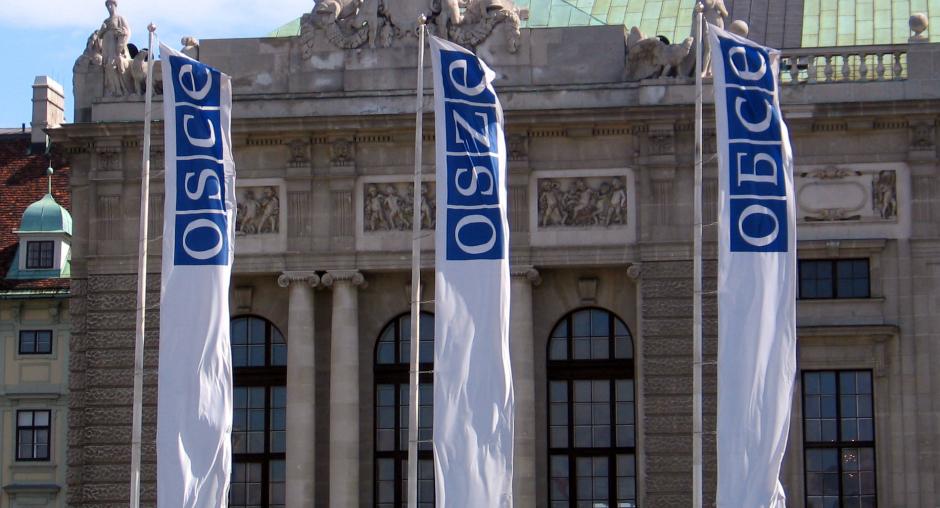OSCE Media Freedom Representative urges public officials in Slovenia to refrain from pressure on independence of public broadcaster

VIENNA, 27 March 2020 – The OSCE Representative on Freedom of the Media, Harlem Désir, expressed his concern today regarding the accusations against, and pressure on, the public service broadcaster Radiotelevizija Slovenija (RTVS), by the Prime Minister of Slovenia, Janez Janša.
On 20 March, following a report by the public service broadcaster about the recent decision of the government to increase the salaries of ministers and secretaries of state, the Prime Minister accused RTVS in a tweet, of spreading “lies”, stating that the broadcaster ‘mislead the public’ and adding that “obviously there are too many of you and you are paid too well”. The next day, in a separate tweet, the Prime Minister asked the public broadcaster: “Really. Did you inform Slovenia in time about the danger of coronavirus? About the measures taken to stem the epidemic in Taiwan, Japan and South Korea? What did your correspondents do? 2300 employees, almost more than the Slovenian Armed Forces has?”
“I am concerned by these verbal attacks and threats against the public service broadcaster in Slovenia,” Désir said. “Media professionals must be able to operate free of any form of pressure or intimidation. In this time of health crisis, the role of an independent public broadcaster, as of other independent media, is key in providing important and reliable information to the public and in combatting false information on the pandemic. I hope the government will support RTVS in this important mission. There should be no threats to RTVS’ journalists, as this could be detrimental to the work of the public service broadcaster and have a chilling effect on media freedom in the country more generally.”
The Representative called on the Slovenian authorities ‘to do their utmost to ensure favourable working conditions for all journalists’. “Politicians should endure a higher threshold of criticism, and must ensure that even those voices that they disagree with are protected,” said Désir.
The Representative recalled the OSCE Ministerial Council Decision on Safety of Journalists, adopted in Milan in 2018, underlining the call on all OSCE participations States to: “Urge political leaders, public officials and/or authorities to refrain from intimidating, threatening or condoning – and to unequivocally condemn – violence against journalists.”
On a separate note, Désir recalled his statement published on 17 March, in which he expressed his concern about the smear campaign and threats against investigative journalist Blaž Zgaga, related to a freedom of information request the journalist made on the coronavirus crisis.
Finally, the Representative highlighted the joint statement that he published last week with David Kaye, UN Special Rapporteur on the promotion and protection of the right to freedom of opinion and expression, and Edison Lanza, IACHR Special Rapporteur for Freedom of Expression, which emphasized that: “Human health depends not only on readily accessible health care. It also depends on access to accurate information about the nature of the threats and the means to protect oneself, one’s family, and one’s community.” The Representative and the two Special Rapporteurs also stated that: “The right of access to information means that governments must be making exceptional efforts to protect the work of journalists. Journalism serves a crucial function at a moment of a public health emergency, particularly when it aims to inform the public of critical information and monitors government actions.”